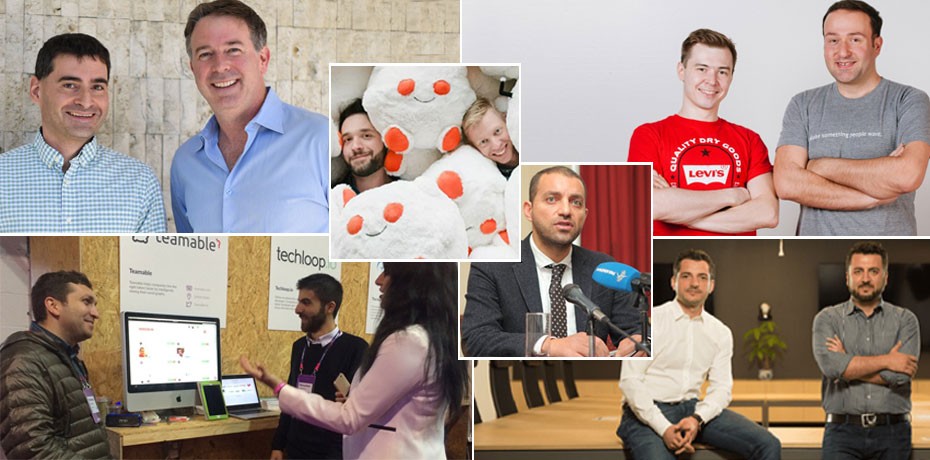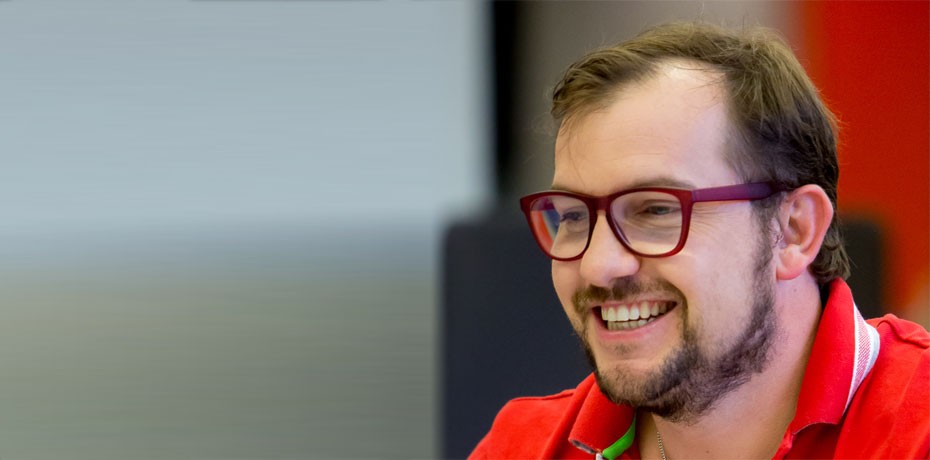Itel.am presented interviews with famous tech people throughout 2017.
From advice for startups to predictions about the future of technologies - Itel.am brings from archive the most important ideas and recommendations of the year.
Fil Guijarro, Mentor at Techstars and Startupbootcamp Global Accelerator Network

My only advice is taking sales process very seriously. Of course, you might think that you are the best, sit and wait, until the customers find you. Nevertheless, it is very important to organize the process in a way that you are confident in meeting certain number of potential customers each week.
Raffi Krikorian, Chief Technology Officer of the U.S. Democratic National Committee

We need more companies either operating on the international stage or having more brand recognition. We just need more examples of what success could look like and we need to inspire people to continue to dream big. I am not saying people are not dreaming big today. But having concrete examples that people can point to and say, “This is possible,” always does amazing things. This is where the ecosystem is trying to fill in gaps.
Mike Butcher, Editor of TechCrunch Europe

Best thing to do is to keep the pitch simple, make sure you target the proper journalist. Don’t target a journalist that is unlikely to write about what you do. Ask the journalists if they want more information and when they say yes, send them exactly what they want to know without more details.
Sending long press releases and cold emails doesn’t work well. Just don’t appear from nowhere. You need to join the news cycle, make sure you know what’s going on in the news and make relevant news yourself.
Shant Oknayan, Head of e-Commerce, Retail and Online Services at Facebook in the Middle East, North Africa (MENA) and Pakistan
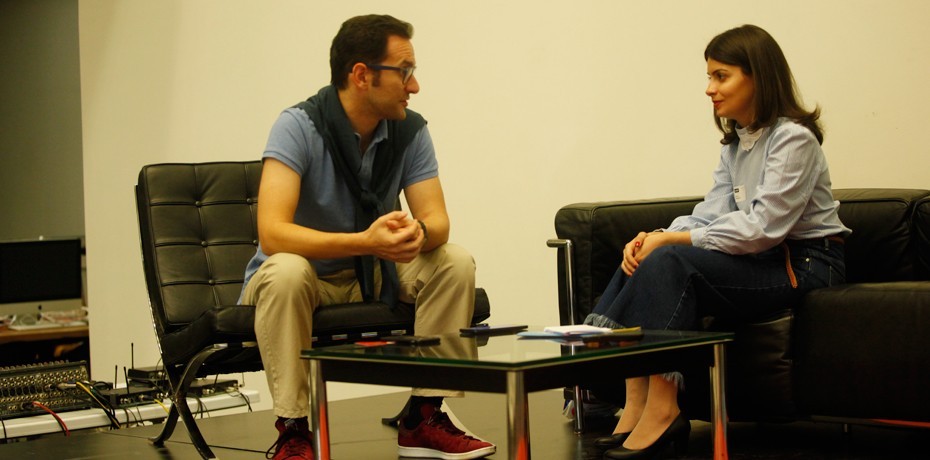
I think there’s a little bit of work that Armenian startups need to do from a business perspective. They should start positioning themselves and having the 30-second elevator pitch when speaking to VCs, making it very clear to consumers or enteprises why they should be signing up or buying from them or coming back to their services.
Building these diversified skill sets will require time but after all this is a marathon not a spring and it’s going to take a generation for Armenia to be known as a knowledge economy.
Rina Onur, Co-founder of Peak Games and 500 Istanbul

When VCs, investors or accelerators consider a startup, they look at five different criteria: the team, target market, the company’s technology, defensibility, traction and terms.
You have to be able to tell us who your team is and why it is the best group of people to tackle a given problem and create a given product.
Secondly, we need to see that you understand your market, your audience, the competitive landscape or its absence and the reasons why that could happen.
Further we need to see that your company offers a defensible technology, so if you’re in a highly overcrowded market, it’s going to be pretty tough for you to distinguish yourself from your competitors, especially if your product offering is the same. We don’t like those types of businesses. We look for businesses that are unique with a different approach to solving a problem.
Cristobal Alonso, CEO of Startup Wise Guys accelerator (Estonia)
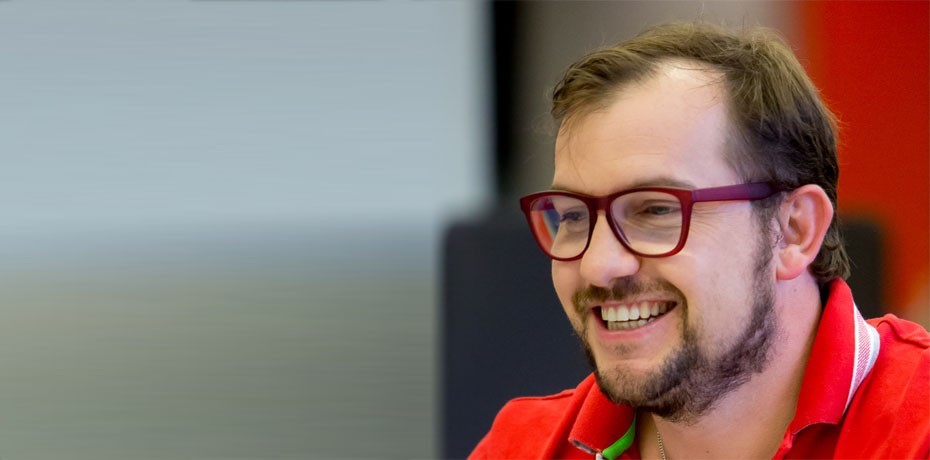
The next step for the most Armenian companies is to look at the EU market. It’s close to home, easier to raise money. Look at the EU market and only then decide if the US is really the next step. I was surprised the Armenian startups were not too focused on money, but wanted to grow their business. I was surprised that almost everything was B2B-focused (business-to-business). I was thinking I would see more B2C (business-to-consumer) products.
Ilja Laurs, Founder & Chairman of Nextury Ventures venture fund
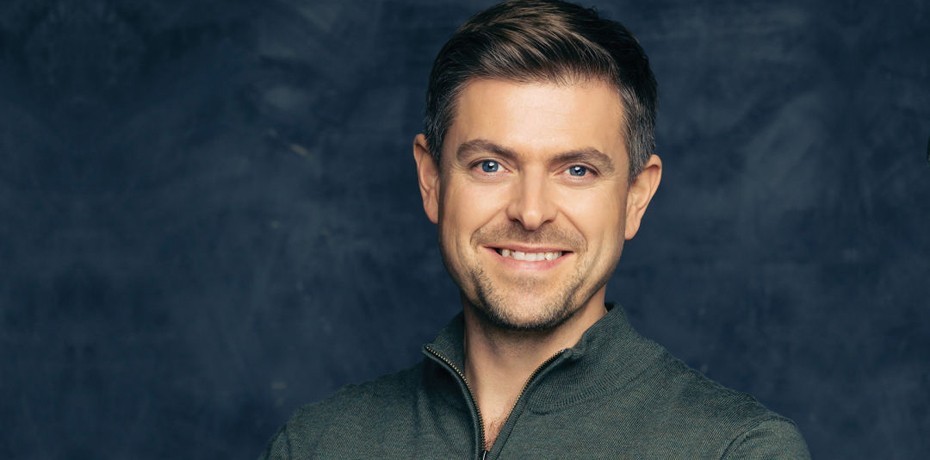
I think that you have to start in local market. I had a talk with the founders of gg and we discussed the competition with Yandex, huge Russian company vs local startup. It does look like gg is winning that battle despite the millions of investments on the competitor’s side. This is an example that you should start in the local market. Once you figure out the model and the product you are going to work with in the local scale, it doesn’t make sense to go to another small market. If you figure that it’s a good model, choose a big market and go there. My advice would be to establish your product in the local market and then chase something big.
Ben Costantini, CEO at Startup Sesame, the largest alliance of tech events in Europe
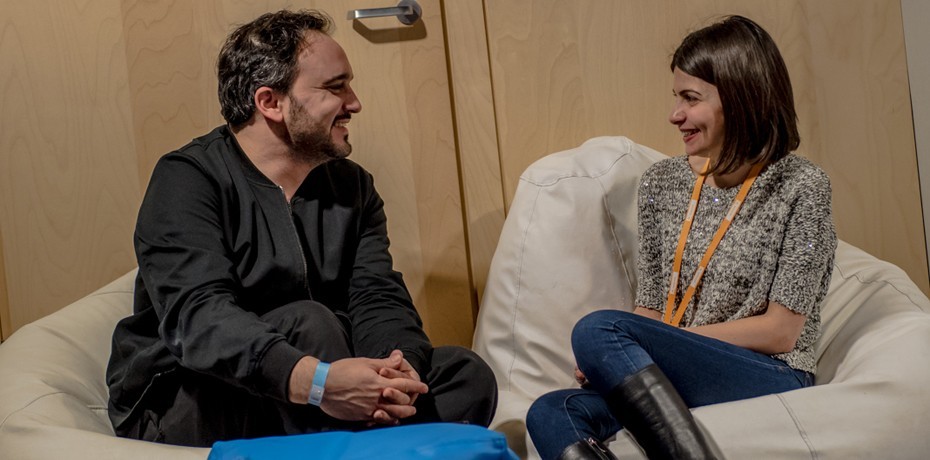
Prepare in advance! If the deadline is at midnight, do not start filling in the application an hour earlier. If your development relies on getting into an accelerator, then it is all about the research, you need to spend a little bit of time.
30-40 % of applications are not complete; people do not answer to all the questions. But filling in an application properly is a good sign that you are really interested in the program.
Corey Ford, Managing Director at Matter accelerator
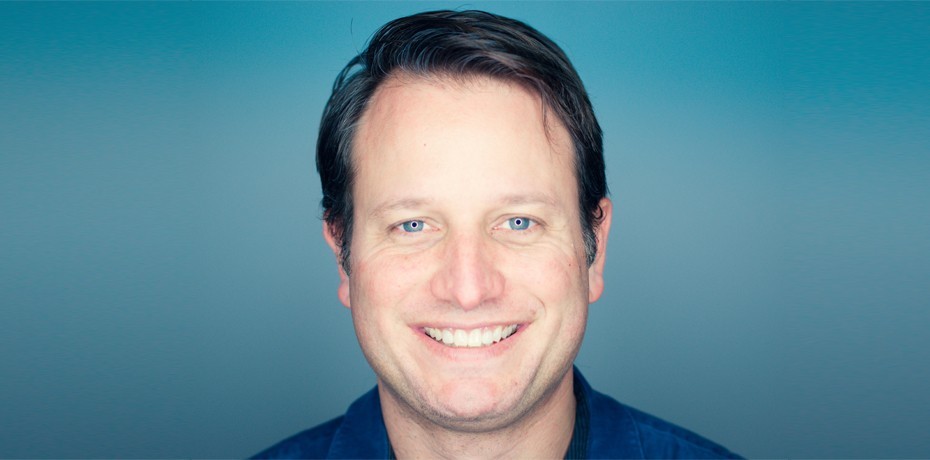
Here is the news: most entrepreneurs fail, regardless of nationality. You need two and a half years before you actually succeed, so hurry up and fail so that you get another chance. Entrepreneurship is quite a long journey, so just showing up at Silicon Valley with no connections or anything would be hard. For instance, we share with our startups the valuable contacts with some of the top people in Silicon Valley and media.
I would say the following: try to get exposure as soon as possible. If you want to go to Silicon Valley, just go and get exposure. Do not expect to receive investments at once. Instead try to do your best in what you are doing.
David Yang, Founder and Chairman of the Board of Directors of ABBYY
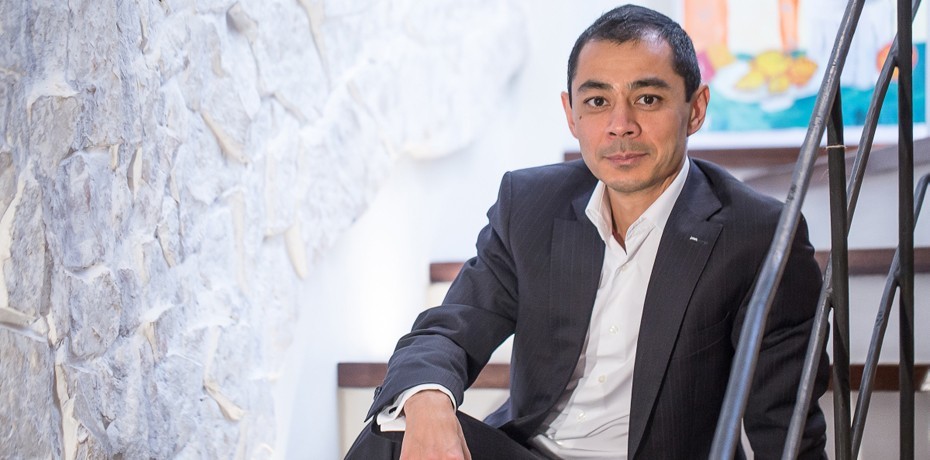
It’s all up to you. Think, fear nothing, stay with friends in America, get back and make a project, join 500 Startups, then drop out and finish your product, make a couple of mistakes, but keep raising the bar, and in the end, you’ll have an interesting project. Most likely, it will look like this: a team of key developers works in Armenia, while a couple of other teammates make frequent visits to America and Europe. Then the startup grows, Google or Facebook buys it, then Google or Facebook opens an office in Armenia, and things get going.
Noa Segre, Director of Investor Relations at Jerusalem Venture Partners (JVP)
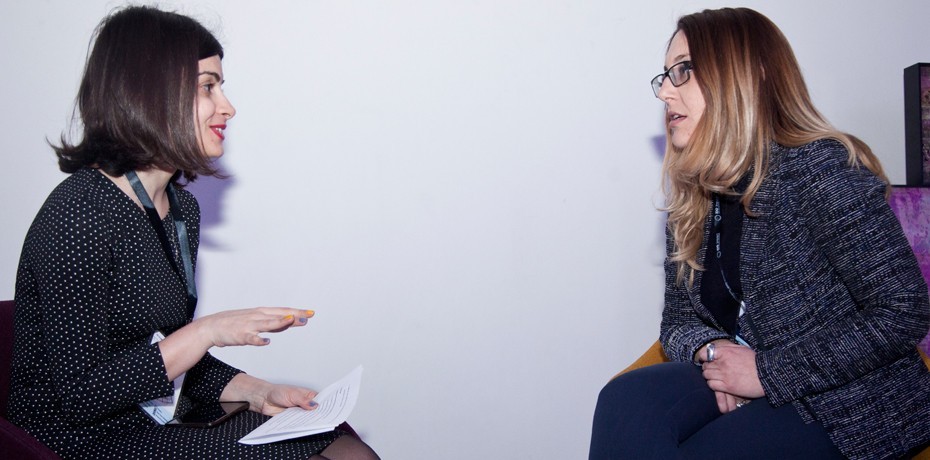
First of all, you need to pay attention to education, and secondly, involve and bring in Armenia global multinationals. Armenia needs such a precedent to change the ecosystem. If one similar company succeeds here, it will definitely attract more companies. I really believe that talent attracts talent and success brings more success.
Naira Hovakimyan, Director of Intelligent Robotics Lab at the University of Illinois, Co-founder of IntelinAir
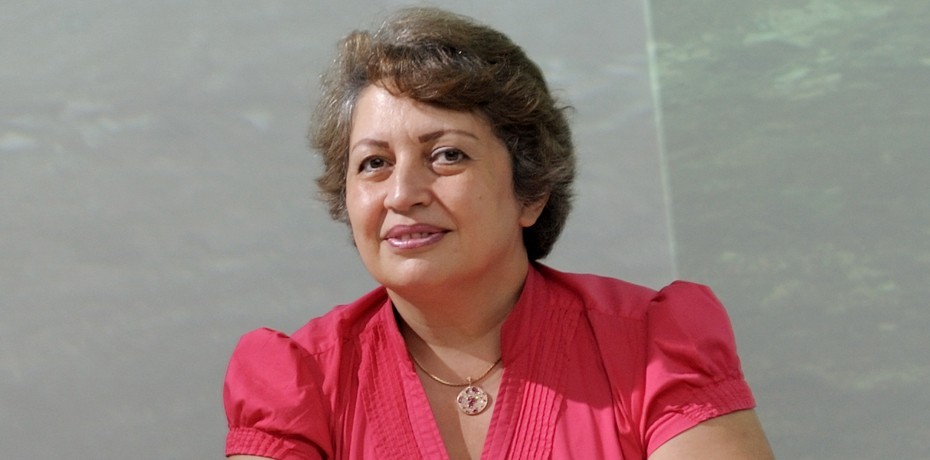
Both Artificial Intelligence and Virtual Reality have promising future, but it is difficult to tell whether Armenia will be able to become a global leader in one of those directions. The issue here is lack of world famous scholars in Armenian IT. There are some renowned Armenians in global IT, but unfortunately, none of them live in Armenia. Despite all that, I see great potential of progress and development in the sector. I hope that with time it will become possible to invite renowned experts to Armenia.
Paris de L’Etraz, Professor of Entrepreneurship at IE Business School in Madrid

I have also observed that there are more and more startups here, focused on the issues, important for Europe for the upcoming years. There are certain trends in Europe nowadays like cyber security, big data, IoT, that will keep growing for the next few years. I think there are lots of opportunities for Armenian startups to focus on those areas and build technologies for that space.
Having great professionals, Armenia needs to stop just outsourcing and start competing with places like India or Hungary or Czech Republic, Bulgaria. You need to be able to develop you own solutions in the sphere of leading technologies.

17:29 | 24.09.25 | Articles
Jacopo Losso on Cross-Border Investments and Why Armenia Attracts Angels


